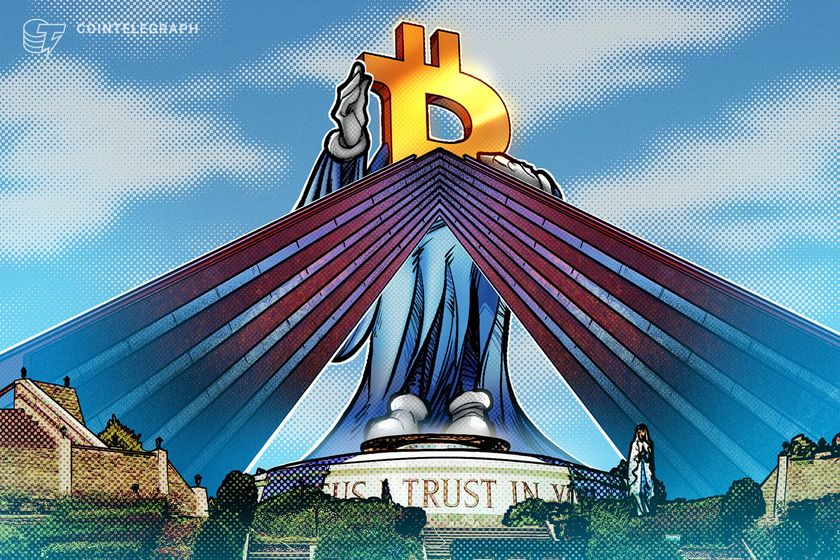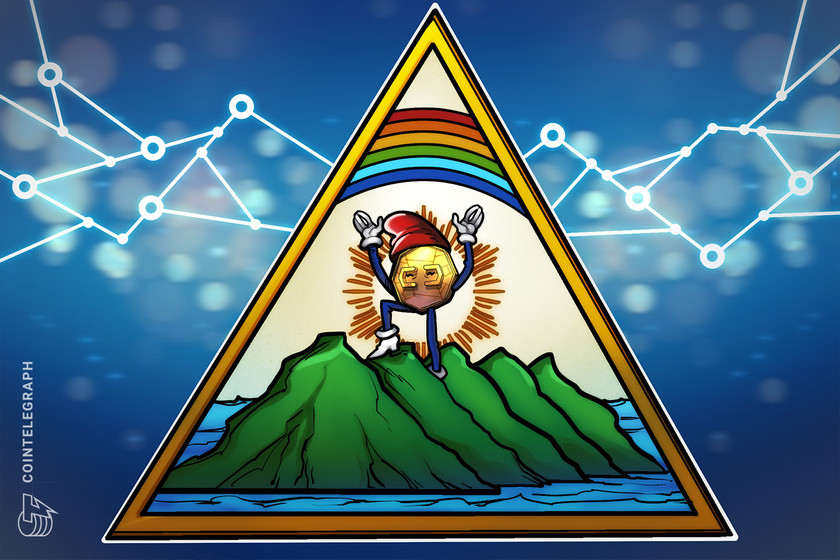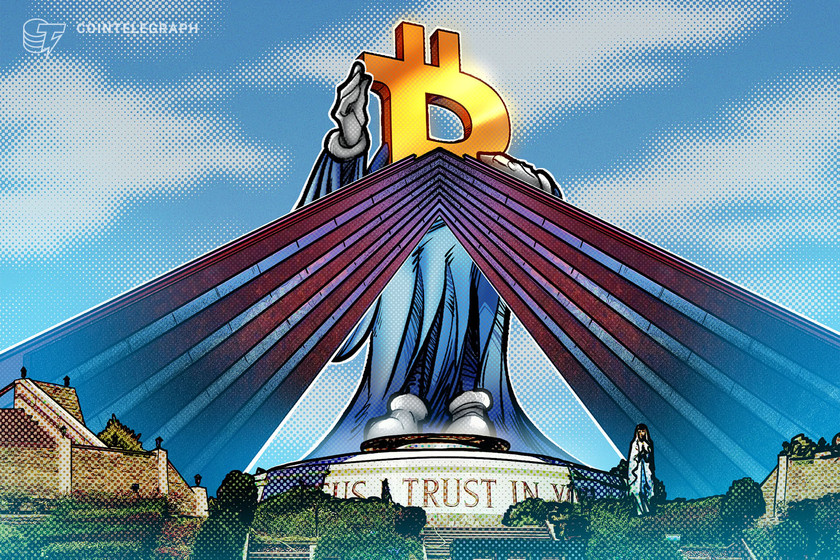Is El Salvador’s Bitcoin gambit finally paying off?


The rise in El Salvador’s bond prices “almost defies gravity,” and it may soon have access to Eurobond markets, said Santander Bank.
El Salvador’s controversial $117.5 million Bitcoin investment briefly swung into profitability this past week for the first time in two years.
This was a milestone of sorts because, until then, not much had gone right crypto-wise for the impoverished Central American nation.
El Salvador still hasn’t come close to making Bitcoin (BTC) a medium of exchange as was anticipated when it made Bitcoin legal tender in September 2021, the world’s first nation to take such a step.























